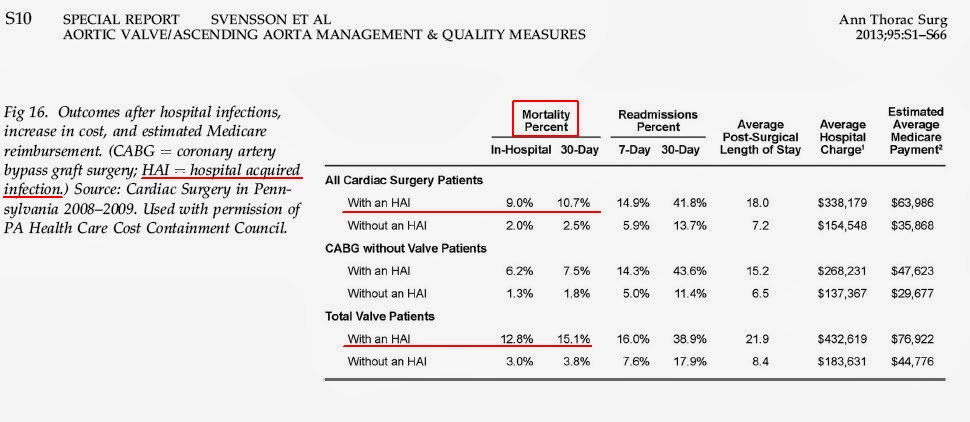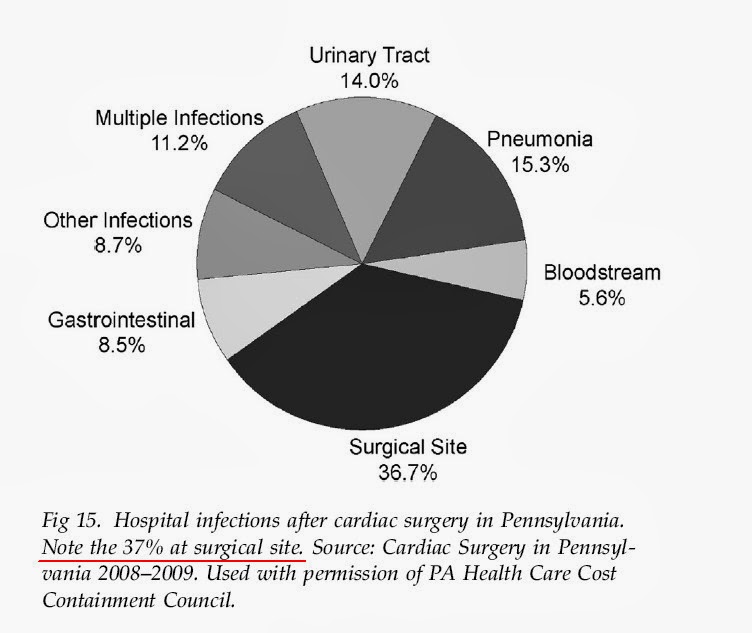Arne
Active member
Hi,
I just joined this forum recently since I'm about to get heart surgery in the coming months. I still need to pick a date and choose the valve/procedure.
I have a bicuspid valve that was stenotic from birth and it started to regurgitate after I had a balloon valvuloplasty at the age of 12. Now at 30, I have developed an aneurysm (4.7cm) in the ascending aorta, an enlarged left ventricle, and the valve is obviously not getting any better.
Basically, it's time to do something about the valve and the ascending aorta.
I have been told I could do the Ross procedure. My pulmonary valve is a bit leaky but that I was told it could be fixed when they it is put in the aortic position. My worry about this surgery is that it is more complicated and that they also need to fix my ascending aorta while in there. The gamble with the Ross seems to be that if all goes well, it outperforms both the tissue valve and mechanical valve in quality of life.
My worry about getting a tissue valve is that it'll have to be replaced a lot sooner that I would like. If I do pick a tissue valve, it'll probably be the St Judes Trifecta.
My worry about the mechanical valve is the fact that I'll have to take Warfarin. I'm afraid I might have an adverse affect to it, that it'll be difficult to maintain my INR levels, or that I'll be dependent on a drug for the rest of my life. If I do pick a mechanical valve, it'll probably be the On-X valve with ascending aorta graft.
Did any of you go through this back and forth when trying to figure out which valve would suit you best? And if so, how did you finally decide? Did your surgeon, cardiologist, family convince you of one option over another?
Your advice is greatly appreciated.
Arne
I just joined this forum recently since I'm about to get heart surgery in the coming months. I still need to pick a date and choose the valve/procedure.
I have a bicuspid valve that was stenotic from birth and it started to regurgitate after I had a balloon valvuloplasty at the age of 12. Now at 30, I have developed an aneurysm (4.7cm) in the ascending aorta, an enlarged left ventricle, and the valve is obviously not getting any better.
Basically, it's time to do something about the valve and the ascending aorta.
I have been told I could do the Ross procedure. My pulmonary valve is a bit leaky but that I was told it could be fixed when they it is put in the aortic position. My worry about this surgery is that it is more complicated and that they also need to fix my ascending aorta while in there. The gamble with the Ross seems to be that if all goes well, it outperforms both the tissue valve and mechanical valve in quality of life.
My worry about getting a tissue valve is that it'll have to be replaced a lot sooner that I would like. If I do pick a tissue valve, it'll probably be the St Judes Trifecta.
My worry about the mechanical valve is the fact that I'll have to take Warfarin. I'm afraid I might have an adverse affect to it, that it'll be difficult to maintain my INR levels, or that I'll be dependent on a drug for the rest of my life. If I do pick a mechanical valve, it'll probably be the On-X valve with ascending aorta graft.
Did any of you go through this back and forth when trying to figure out which valve would suit you best? And if so, how did you finally decide? Did your surgeon, cardiologist, family convince you of one option over another?
Your advice is greatly appreciated.
Arne


























